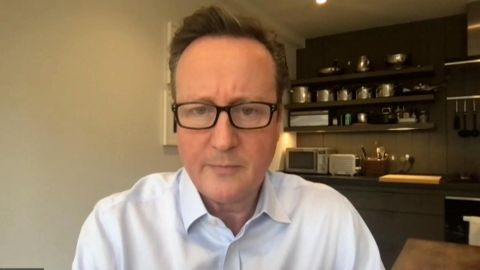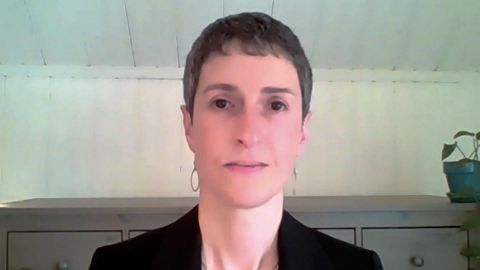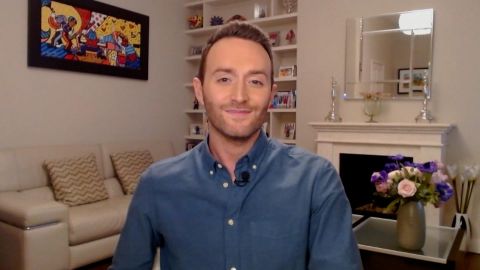Read Transcript EXPAND
CHRISTIANE AMANPOUR: So, you are co-chairing this initiative. It’s about fragile states. It’s about poverty, COVID. It’s about climate. You have said that the government here and elsewhere, governments need to be really muscular in intervention, how to build back better after this pandemic. What do you mean?
DAVID CAMERON, FORMER UK PRIME MINISTER: Well, why we — first of all, why should we focus on fragile states? I mean, the truth is, if you look at global poverty, more and more of the world’s poor are going to be living in these countries, countries like Somalia, or Burundi, or Sierra Leone, countries that have really struggled to make progress over the last 20, 30, 40 years. The very poor in India and China will probably be lifted out of poverty by the growth in those countries. And I learned, as prime minister, that we have to focus more and more on the most fragile states, where progress has been hardest. And these are the most difficult to help, because they tend to be affected by a whole range of things, from corruption, to conflict, to weak state institutions, lack of consent for government, often recovering from terrible wars and crises. But if we don’t focus on these states, we’re never going to hit all those goals and targets and development agendas that we’re also keen on. And also, I think, as the prime minister of a First World country, I could see that, when fragile states go wrong, the problems that they deliver, whether that’s piracy, or terrorism, or mass migration, they come and visit us. So, my message to my successors is, keep developing — keep focusing on development, and keep focusing on fragile states, because that’s where the very poor increasingly live. And this initiative really is about saying, access to electricity is an absolute key for helping people out of poverty. We have made huge progress over the last 10 years in connecting more people, but not in the fragile states. There are still 800 million people in our world that aren’t connected to electricity. And that’s what this call to action, this initiative that the Council on State Fragility is making today.
AMANPOUR: OK. Well, look, you have just made a huge call for government intervention and First World government responsibility. Your own country, the U.K., under this government, has cut back its foreign aid budget and its contribution, after you raised it to a certain percentage. I mean, how is this going to happen if even the country that you used to be prime minister of is cutting back, instead of going forward?
CAMERON: Well, I think the United Kingdom has made a mistake. I was very proud to agree to the target of 0.7 percent of gross national income going in aid payments. But, more importantly, prior achieving that in government in 2014, the first and really the only of the major developed countries to do that, and I think it’s not only a tragedy, but also a mistake that we are coming off that 0.7. But even with our new budget of 0.5 percent of gross national income, Britain will still be one of the biggest aid donors in the world
About This Episode EXPAND
Former UK Prime Minister David Cameron joins Christiane for an exclusive interview. Plus, technology journalist Samuel Burke discusses his new podcast series “Suddenly Family.” Harvard epidemiologist Julia Marcus explains why pandemic shaming doesn’t work and offers alternative methods for mitigating the risk of COVID-19.
LEARN MORE


